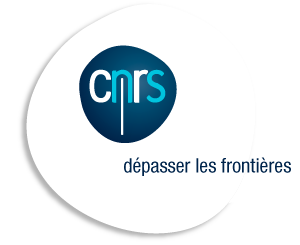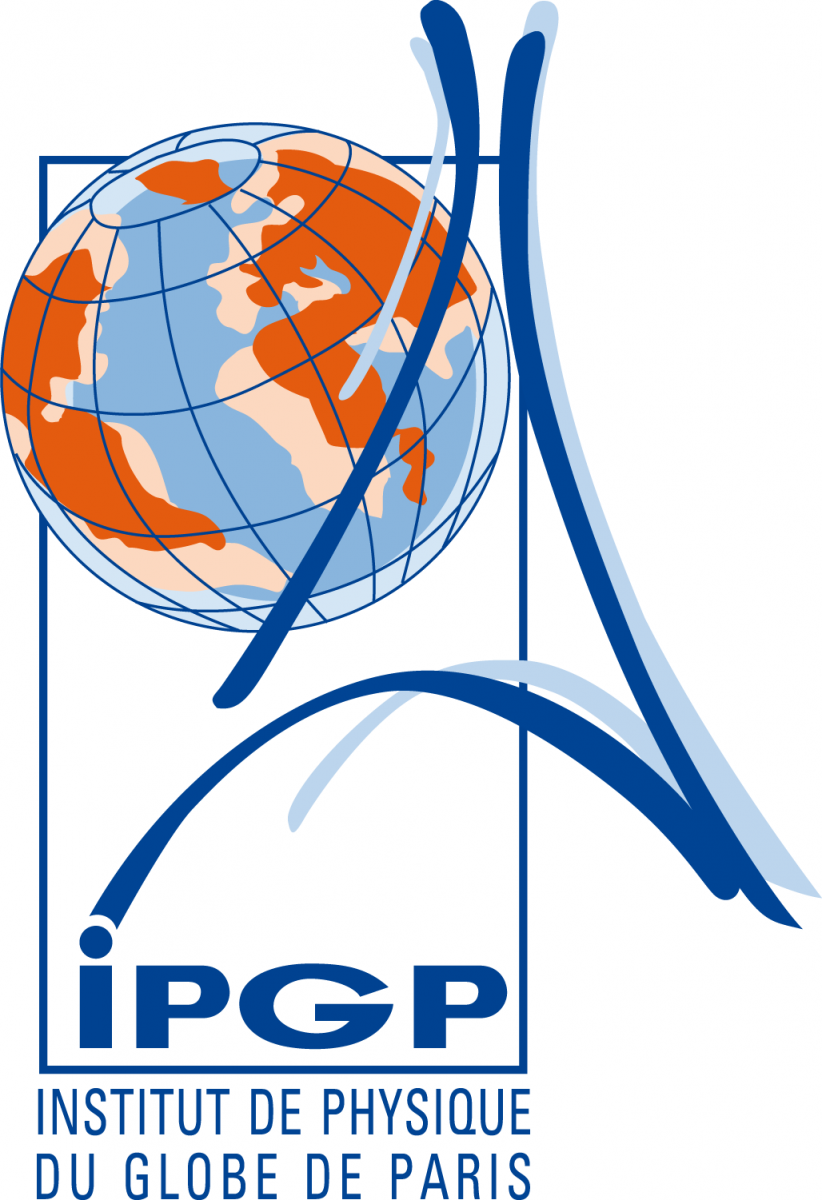This webpage is for Working Group Members only. If you are not a member of this WG, the page will be blank.
For WG Members: Please click open "read more" (in blue), below. You must be logged on to see the comments below.
Here, on this page:
- To start a new discussion, click on "Add new comment" below.
- To reply to a previous comment, click on "reply" next to the comment listing.





Sample sharing agreement
Dear all,
One of our goals as a working group is to set up a system to allow sample-sharing while preserving everyone's research. The acquisition of samples is costly (in terms of money, ship-time, personal time), and the sharing of the samples could both limit our impact on the vent communities, and increase citations for a given grant (which our funding agency would certainly be opposed to).
I suggest coming up with a typical sample-sharing form that everyone could use. This is already done for cell culture sharing and I drew my inspiration from this type of form.
Essentially, this will state:
The statement will also require that, if the shared sample should be used for a publication, the researcher should acknowledge the person who provided the sample and the grant(s) that allowed the sample collection.
I wanted to run this by you all before I start writing something more formal. Let me know what you think. All comments and suggestions are welcome.
Best,
Stephane
WG discussions in Okinawa
Dear all,
The WG usually takes advantage of the presence of most people working in the field at CBE symposia to meet and discuss. We would like to do the same in Okinawa (all WG members are invited and non-members are encouraged to attend). I would like to know if you are planning to attend this meeting. I already know that Pete Girguis and Maria Baker will not be able to attend the meeting.
If money keeps you from attending the meeting, we have a small amount of discretionary funds to help some of you to travel to Okinawa. Please contact me if you need help.
On our agenda, Chuck Fisher stepped down as a co-chair and we will be choosing another co-chair. The high-throughput approaches page has been working for some time now and some submissions were made. If you do have a high-throughput project (submitted or on-going), please submit that information on the site (http://www.interridge.org/highthroughput).
I do not have a time or a place for the WG meeting there yet but I will keep you updated.
The InterRidge annual meeting will be held in July, 10 days after the Okinawa meeting. I will need to write a report and your contributions are welcome (important meetings related to Vent Ecology, biology-oriented cruises, ...).
Looking forward to seeing you all in Okinawa.
Cheers,
Stephane
*New* Online list of high throughput studies - please review
Dear InterRidge Vent Ecology Working Group,
One of the goals for this year was to encourage interactions between researchers with common interests in high-throughput genomic approaches for the study of deep-sea hydrothermal vent organisms.
I just created and posted online a list of high throughput studies that Stephane provided:
http://www.interridge.org/highthroughput
Please review the structure of the list, and you can also try out the feature that allows for the submission of a new listing here: http://www.interridge.org/node/add/highthroughput
Please let me know your comments and suggestions. I would like to make the link "live" and announce it in next Monday's biweekly e-news (May 18).
Best regards,
Stace
Postdoctoral position within the Census of Marine Life
University of California San Diego
The Census of Marine Life synthesis group for deep-sea research (SYNDEEP) is recruiting a full time postdoctoral researcher to work on meta-analyses of deep sea biodiversity. Initial appointment for 7 months (until 6/2009), with a strong possibility of extension for 18 months (until 05/2010).
Since 2000, the Census of Marine Life initiative has provided an exceptional framework for the development of international collaborations and coordination of efforts in the field of marine biodiversity, biogeography and ecosystem functioning. This has been crucial for the current endeavour of generating a global vision of diversity, biogeography and abundance of life in the oceans in the past, present and future. The deep-sea component of the Census (ChEss, CenSeam, COMARGE, CeDAMar and MAR-ECO) have developed their research based on specific goals and scientific questions and are now entering the synthesis phase, with a 2010 deadline. In order to provide an overarching picture of current deep-sea biodiversity, these five projects and the Future of Marine Animal Populations (FMAP) initiative of the Census have grouped together in an initiative know as SYNDEEP.
Applications are invited for a postdoctoral position to conduct deep-sea biodiversity analyses at the global scale from available data to address two major scientific questions: 1) what are the global patterns of deep-sea diversity vs area? and 2) what are the global patterns of deep-sea diversity vs productivity? Initial guidance will be provided by an advisory scientific panel and collaborations with this panel will continue throughout the project.
Available data from the 5 Census deep-sea projects and other external sources will be integrated in a SYNDEEP database that will be created by a dedicated database manager in collaboration with the postdoctoral researcher and scientific panels. This unique dataset will be used to conduct the biodiversity analyses. The output from these analyses will take the form of two papers aimed at high impact factor journals.
The work will be conducted at the San Diego Supercoputer Center, UCSD, with links to Scripps Institution of Oceanography. Travel to the Memorial University of Newfoundland and other locations may be required.
The candidate should have the following proven attributes:
•
PhD in relevant area
•
Excellent analytical and statistical skills
•
Capability to work with large datasets
•
Marine ecology background, especially deep sea ecology and/or biodiversity analyses
•
Capacity to work in a team under tight deadlines
•
Immediate availability
Interested candidates should send a CV, statement of research interests and names of 3 references via email (pdf) to Karen Stocks (kstocks@sdsc.edu).
Evaluation of applications will begin immediately and continue until a suitable candidate is found.
Vent Ecology WG input for annual report
Dear all-
I am currently writing the annual report for our WG. Is there any event you would like to see mentioned in the report.
I would like to mention the biology cruises that took place in 2008. Any input from you guys would be wonderful.
Thanks,
Stephane
Cruise information
Vent biology related cruises in Japan, 2008 are as follows,
1) Vent biology cruise. Izu-Ogasawara (Bonin) Islands area. P. I. Dr. Koji Inoue (ORI, Univ. of Tokyo). From 3 to 17 April. ROV “Hyper-Dolphin”/Support Vessel “Natsusima”. Cruise No. is NT08-07.
2) Vent biology cruise. Kagoshima Bay. P. I. Dr. Yoshihiro Fujiwara (JAMSTEC). From 23 June to 4 July. “Hyper-Dolphin”/Support Vessel “Natsusima”. Cruise No. is NT08-12.
3) Vent biology and geochemical cruise. Okinawa Trough in the East China Sea. P. I. Drs. Tomohiro Toki (Ryukyu Univ.) and Takuro Nunoura (JAMSTEC). From 6 June to 12 July. “Hyper-Dolphin”/Support Vessel “Natsusima”. Cruise No. is NT08-13.
4) Vent biology cruise. Okinawa Trough in the East China Sea. P. I. Dr. Hideo Yamazaki (Ryukyu Univ.) From 20 to 25 July. “Hyper-Dolphin”/Support Vessel “Natsusima”. Cruise No. is NT08-15.
5) Vent biology cruise. Kagoshima Bay. P. I. Drs. Kaoru Kubokawa Inoue (ORI, Univ. of Tokyo) and Toshiro Yamanaka (Okayama Univ.). From 4 to 15 August. “Hyper-Dolphin”/Support Vessel “Natsusima”. Cruise No. is NT08-17.
Kats Fujikura (JAMSTEC)
4th International Symposium on Chemosynthesis-Based Ecosystems
If you have not been informed yet:
The 4th International Symposium on Chemosynthesis-Based Ecosystems –Hydrothermal Vents, Seeps and Other Reducing Habitats – will be held June 29-July 3, 2009 in Okinawa, JAPAN.
A web-site will be set up for this meeting:
http://www.jamstec.go.jp/xbr/4th_CBE/
The organizers are Yoshihiro FUJIWARA & Yoshiko TAKEOKA.
Stephane
InterRidge Steering Committee meeting and WG report
Dear all,
Chuck and I will be attending the InterRidge Steering Committee meeting in Woods Hole (Oct. 17-18th) during which we will be giving a report on our Working Group that officially started in Spring 2008.
Stace Beaulieu did a great job and you have all been subscribed to the "group" function of the InterRidge website (that's how you are receiving this e-mail). This will allow us to exchange thoughts and drafts or reports, for example. If you have any issues, please contact Stace: coordinator@interridge.org
Next, I would like to (1) put up a page on which we can talk about high throughput ongoing research (genome or EST sequencing) to avoid duplication of these costly efforts, and (2) have another page on which we can offer samples that we know we will not use and may be useful to other researchers in the community.
Your comments and/or feedback are most welcome.
Best wishes,
Stephane
Dear all, I fully agree with
Dear all,
I fully agree with both pages at IR.
Page 1, can not only avoid duplication, as it can strengh and open new cooperations.
Page 2 is very important. I am presently searching for samples of B. childressi and B. thermophilus.
All the best
Ana
Sample Sharing
Just a note to say that for some time now it has been the intention of the ChEss programme to provide comprehensive sample information on ChEssBase so that members of the scientific community may search for a particular genus/species and determine if samples are available for use (to include preservation methods). We have recently added the first specimen data to the database which includes many of the samples held in Chuck Fisher's lab at PSU. It is our intention to continue to populate this database with sample information from labs around the globe. If you wish to explore the existing data, please link to: http://www.noc.soton.ac.uk/chess/database/search_sam.php
Nevertheless, I think that the idea of the IR page for sample sharing is a fine idea and would compliment ChEssBase.
Maria
Great example
Thanks Maria. This is a great example of what we could do for InterRidge (and obviously add a link to your site). As CoML was 10-year effort, what will happen to this site after 2010?
Thanks!
ChEssBase
Good question Stephane! We are still deliberating about this.... We will keep you posted.